When navigating the digital marketing industry, you’ll come across many different opinions about the most effective approach to search engine optimization (SEO). And though many of these tactics work, there’s one distinction to be aware of: White Hat vs. Black Hat SEO.
White hat SEO practices help improve a website’s search engine results page (SERP) rank within the search engines’ terms of service standards. Black hat SEO techniques may improve a site’s SERP rankings, but they’re unethical and violate search engine standards. Understanding the difference in these optimization practices is essential to maintaining the integrity of a client’s website, online rankings, and visibility.
White Hat: Ethical Optimization Strategies
Here are some of the best and most ethical search engine optimization strategies that will increase website visibility:
- Quality content
- Content-relevant keywords
- Keyword-rich page titles and metadata
- Simple website navigation
- Fast loading times
Quality content is the most valuable element of modern-day SEO. It’s how search engines evaluate and rank a website; rewarding those that use content-relevant keywords based on the overall page content. Paying attention to keyword usage can help you outperform the client’s competitors. If your client’s competitors have more engagement on their site, peek at their keywords and take note of the ones performing well for them online.
Simple website navigation plays a key role in boosting organic search rankings, too. It helps visitors find what they need quickly without getting frustrated – a win for potential conversions. Additionally, implementing technical SEO tactics like fast page loading speeds, device responsiveness, security, and overall functionality keep the user experience clean, reducing website bounce rates and increasing search rankings.
Do you know if your website’s technical SEO is adequate? Check out this free website scoring resource to see where you can improve!
Black Hat: Unethical Optimization Tactics
Here are the tactics to avoid when attempting to boost website visibility:
- Publishing Bad Content
- Keyword Stuffing
- Meta Keyword Stuffing
- Link Farming
- Content “Cloaking”
Written content should be focused and oriented towards humans, as search engines test sites for their readability and rank them accordingly. If the diction used on a website is choppy or keyword-laden, it’s less likely to jump in search rankings. Placing excessive keywords in web page meta tags, page titles, or backlink anchor text can also turn away search engine crawlers. While keyword stuffing may have worked in the past, search algorithms have gotten smarter. If caught, site owners engaging in this tactic are often subject to search ranking penalties or blocked by search engine authorities.
Link farming is gathering an array of unrelated website links and listing them on the site to gain more traffic. While these links are typically hidden from actual site visitors, housing irrelevant listings won’t increase traffic — in fact, it puts the site at risk of being flagged. Content cloaking works similarly, operating much like a trojan horse. Cloaking is when online media is presented one way and delivered in another to help sites rank higher for unrelated or non-existent content.
Choosing the Right Hat
Depending on the hat you decide to wear, SEO techniques can help or harm a site’s success. Ethical SEO is a powerhouse, delivering relevant content, higher visibility, more conversion opportunities, and other business builders. On the other hand, unethical optimization can cause consequences like fines, decreased search rankings, and total site shutdowns. Making the right choice will determine the health of online campaigns and the satisfaction of your clients for years to come.
Locl equips 1000s of multi-location businesses in marketing agencies to win the trust of consumers with online location profiles that are accurate, consistent, and compelling. Talk to Sales!

